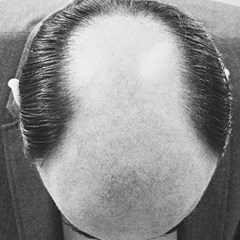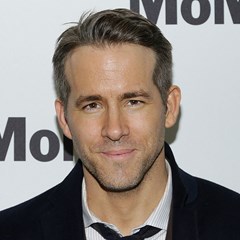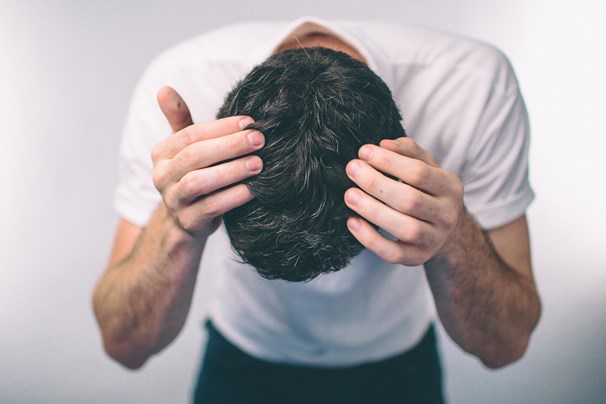The average person loses about 50 to 100 hairs per day. While that may seem like a lot, keep in mind that the average human head has about 100,000 hairs on it (though this varies based on genetics and hair colour). These hairs fall out when you’re showering, combing your hair or just naturally throughout the day. Because losing and regrowing hair is a normal part of life, it can be concerning when you start to notice that your hair is thinning or your hairline is receding.
As a GP in Sydney, I’ve treated men of all ages for hereditary hair loss both in-person and online. Here are a few important things you should know about hair loss.
What is hair loss?
There are a variety of reasons you might be losing your hair, but the most common in men is androgenic alopecia, or male pattern baldness. Male pattern baldness affects about 42% of men, and while it is more common as you age, it can start to affect men as early as their 20s. By age 50, more than 50% of men are affected by male pattern baldness.
Hair loss due to male pattern baldness is characterised by the hairline receding at the front or top of the head that can progress to partial or complete baldness. You may also notice your hair thinning at the crown of your head.
The reason why this happens is because of a hormone called dihydrotestosterone (DHT). DHT causes the hair follicles on your head to shrink and eventually stop producing new hairs, leading to baldness.

How To Stop Hair Loss In Men
3 ways to help prevent hair loss
1. Identify the problem early
As with many medical conditions, it’s important to identify the issue early on so you can start exploring treatment options sooner rather than later. You might choose to embrace the natural look and try different hairstyles before going completely bald, or you may opt to try hair loss treatments. No matter what path you choose, identifying that you are losing your hair early is an important step.
2. Practice good hair hygiene
If you’re noticing that you’re losing more hair than usual in the shower, it might be time to ditch the 3-in-1 body wash and shampoo. While there are no evidence-based shampoos that will keep you from losing your hair, practicing good hair hygiene will help promote the overall health of your hair follicles. For example, washing your hair too often could potentially strip away the natural oils that help keep your hair healthy and growing. Depending on the type of hair and skin you have, your doctor will be able to help you create a hair routine.
3. Try proven hair loss treatments
If you’ve decided that you don’t want to embrace the bald look, there are proven hair loss treatments that can help. Finasteride is a prescription oral tablet that helps lower the levels of DHT in your body, in turn slowing down the hair loss process. Minoxidil is a topical treatment that stimulates blood vessels and could lead to hair growth. Talk to your doctor or consult a GP via a digital health service about treatment options that are suitable to your medical history, symptoms and goals.

5 Common Myths About Baldness You Need to Stop Believing
What not to do if you’re losing your hair
Don’t panic – there are ways to help treat hair loss even if it seems like hair is falling out at an alarming rate. While it’s perfectly understandable to want to try everything on the internet, as a doctor, I only recommend using evidence-based treatments. Same goes for certain shampoos and products that claim to stimulate hair growth – these may work for some people, but there’s no guarantee that they’ll work at all.
What to do if you’re losing your hair
You may decide that you look great bald, in which case, great! However, if you want to try to treat hair loss, the first step will be to consult a licensed doctor. Your GP will be able to offer a preliminary consultation and advice on how to proceed. You could also use a digital health service that connects you with real doctors online. If you choose this approach, make sure you choose a trustworthy service that provides holistic care and doesn’t sacrifice quality. All digital health services should be thorough with your medical history and symptoms.
In addition to topical and oral hair loss treatments, you may also consider hair transplants as an alternative option.

5 Smart Ways to Deal With Thinning Hair
Dr Joseph Santos is a registered GP and medical director at Rosemary Health, a digital service connecting Australians to quality healthcare online. With over 15 years of experience, Dr Santos has an interest in men’s health issues ranging from sexual health to chronic conditions.
















